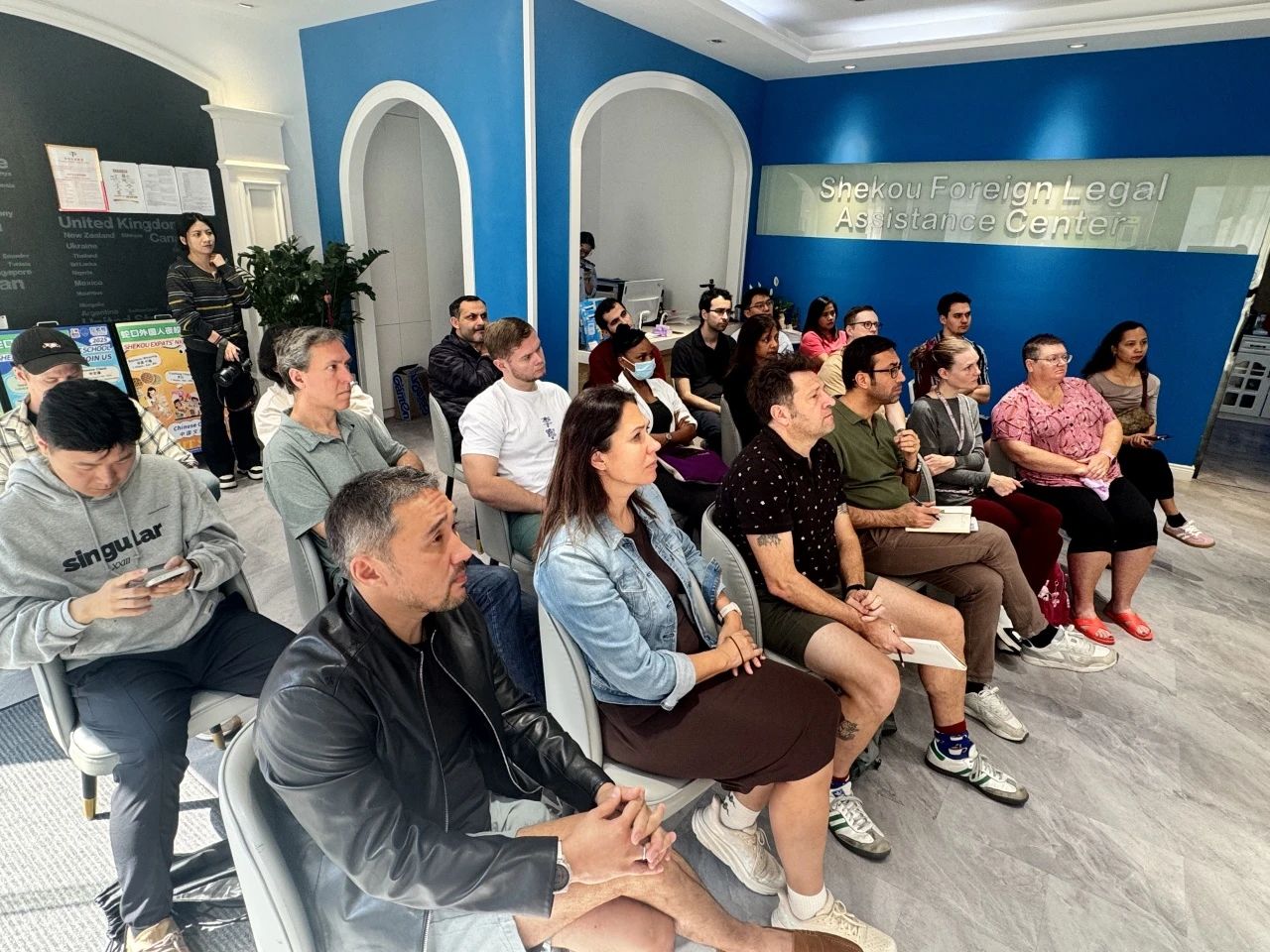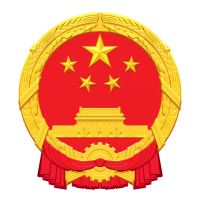快三彩票平台
English > News > Latest News
Expats find Shekou tax seminar helpful
Source: Shenzhen DailyUpdated: 2025-03-24
The activity center of the Shekou Management and Service Center for Expats (Shekou MSCE) in Nanshan District was bustling with expatriates seeking advice from a tax official and a volunteer with a background in international consulting on the afternoon of March 22. The center organized a seminar to inform more than 30 expats about the specifics of China’s annual individual income tax settlement.

Expats listen attentively at the tax seminar organized by the the Shekou Management and Service Center for Expats on March 22. Photos courtesy of Shekou MSCE
The lecture marked the second installment of the “Hot Topic in Shekou” service series, launched last month by the Shekou Foreign Legal Assistance Center. Tax-related issues are important yet rather complicated, affecting every individual, both locals and expats, said Nicole Tao, vice director of the Shekou MSCE, who oversees the service series.

An expat takes a photo of a slide.
She invited He Chao, an experienced tax official from the Qianhai Tax Office, to explain the fundamental policies of personal income tax applicable to foreign nationals working in China. Working alongside international volunteer Wendy Hou, He clarified some key points in settling the annual individual income tax for expats. Hou, who also offers tax consulting services at the Shekou Foreign Legal Assistance Center, has eight years of experience in providing personal and corporate financial solutions.
Many attendees expressed their appreciation for the event.
“This is really helpful,” said Jason Woodard from the U.S., who works at Shenzhen InnoX technology incubator.
Woodard found the lecture particularly beneficial, which focused on clarifying the distinction between resident and nonresident status in tax settlement. As a nonresident this year, Woodard learned about the potential changes in his status for the next year.
Dave De Vylder, a Belgian product manager working with a Shenzhen company, traveled from Futian District for the seminar. He said he wanted to understand taxation in China and its benefits for expats like him. “My employer isn’t very clear about the matter, such as the standard tax deduction specifically for foreign nationals. I guess it’s because I’m the only foreign employee in the company. I’m glad I came, and I might return for future seminars, as tax is a really complex matter,” said De Vylder, who relocated to Shenzhen 18 months ago.

Participants pose for a group photo.
He Chao and her colleagues brought a stack of bilingual tax brochures with detailed instructions on how to settle annual personal income tax on the official app for distribution at the seminar.
“I’ve got one for myself to study later,” said Abdullah Ekici from Türkiye. He mentioned that he had tried to declare taxes by himself at home but didn’t succeed. “This seminar is really informative,” said Ekici, adding that with a detailed translation of the key features of the tax app provided by Hou, he was optimistic about completing his tax declaration.
The “Hot Topic in Shekou” service series aims to provide expats with professional, authoritative information on pressing issues faced by expats in Shenzhen. The event for next month will focus on legal interpretations of marital laws, said Tao, adding that the topic concerns many international families in the city.
Key takeaways on income tax settlement
Q: Who needs to make an individual income tax (IIT) settlement?
A: A resident individual in the 2024 tax year must combine their comprehensive income for the whole year, calculate the tax payable on an annual basis, and complete the annual IIT settlement.
Q: What is the difference between a resident and a nonresident?
A: A resident refers to a China-domiciled individual or a non-China-domiciled individual who has stayed in China for 183 days or more in one calendar year. A resident individual will be taxed on income earned both within and outside of China. A nonresident refers to those who have stayed in China for less than 183 days in one calendar year. They will be taxed only on income earned within China.
Q: What is the IIT calculation formula?
A: Tax obligation = The balance of tax payable - tax withheld in 2024
Q: Am I due a tax refund or tax payable?
A: Tax withheld > tax payable = tax refund
Tax withheld < tax payable = tax payable
Q: How is annual tax payable calculated?
A: Step 1: Taxable Income calculation
Amount of taxable income = amount of annual comprehensive income - qualified deductions
Step 2: Tax payable calculation
Tax payable = (taxable income - quick deduction) × scaled rates
Q: What consists of the tax-exempt income?
A: Housing allowance, meal allowance, moving expenses, and laundry expenses, in the form of non-cash or reimbursement on actual expenses;
Reasonable travelling allowance for business trip expenses inside or outside China;
Reasonable allowances for home visits, language training expenses, and children’s education expenses, which are permitted and regarded as appropriate by the tax authority.
Q: How can I conduct the annual IIT settlement?
A: Declare online yourself (//etax.chinatax.gov.cn/);
Declare on the IIT APP (个人所得税APP);
Ask your employer or agent to do it;
Declare by mail;
Declare at the tax bureau.
(Note: Taxpayers who earn an annual income of 120,000 yuan (US$16,500) or more must file a declaration within 3 months after the tax year ends (by June 30, 2025). Those who fail to file on time may face penalties of up to 10,000 yuan, plus the delayed tax payment and a late fee of 0.05% per day of the late payment.)
(Courtesy of Wendy Hou)
快三彩票平台
 Copyright © Shenzhen Nanshan Information Network Center. All rights reserved.
Copyright © Shenzhen Nanshan Information Network Center. All rights reserved.




